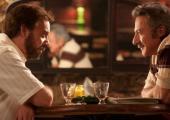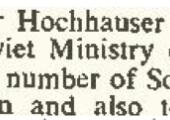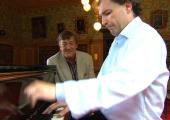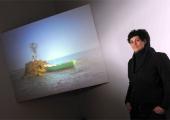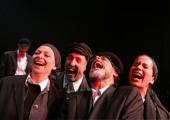Parsifal, English National Opera
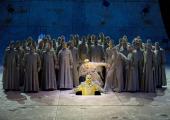
Diehard anti-Wagnerian gives in to miraculous Lehnhoff revival
Some of you will know that Wagner and I haven't been seeing eye to eye of late. Last year's Tannhäuser I believed was the end of the road for the two of us. Not quite. With one of the most celebrated Wagner productions of the past two decades returning to the English National Opera last night - Nikolaus Lehnhoff's Parsifal - I decided to give him a final chance. My whole mind, body and soul was primed to repel it, yet I came out almost blubbing.

